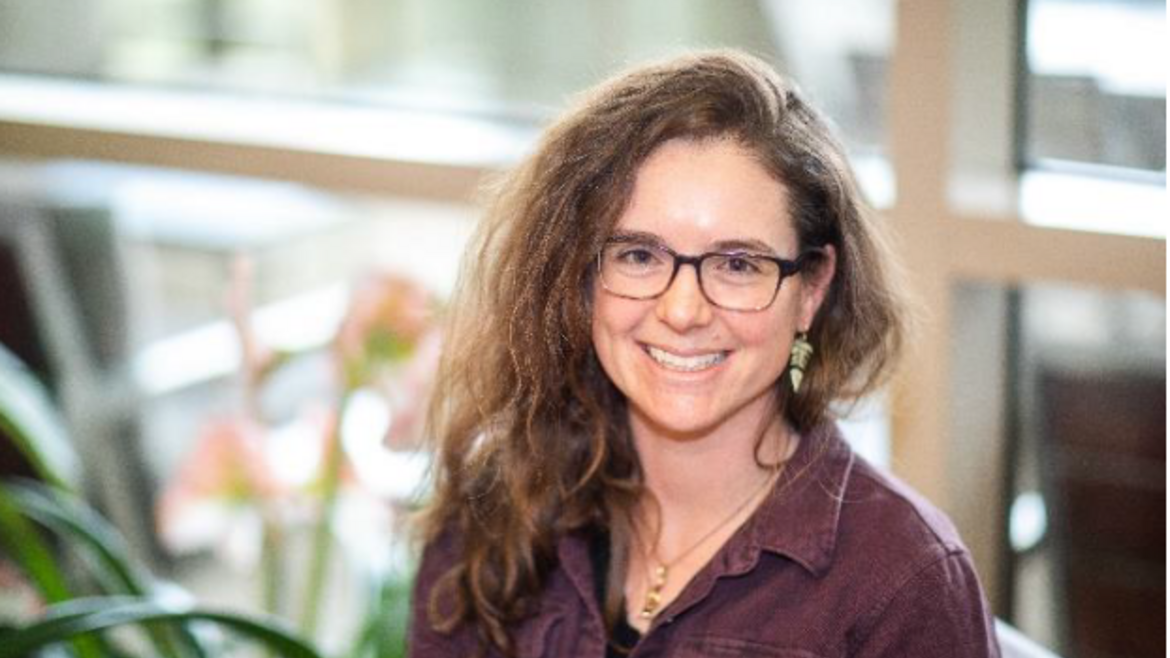NEMA 250 Seminar- Amanda Gibson, University of Virginia

The Department of Nematology's weekly NEMA 250 seminar series is presented this week by:
Amanda Gibson, Ph.D. Assistant Professor, Department of Biology, University of Virginia
Seminar Title: “Coevolution meets control: reciprocal adaptation of a crop pest and its biological control agent"
Seminar Summary: Biological control offers a sustainable alternative to chemical control of agricultural pests, by using natural enemies to suppress pest survival and reproduction. A key challenge to overcome in biological control is the variability of outcomes, with control succeeding in some cases but not others. My group draws from the field of host-parasite coevolution to design and test solutions to achieve consistent, effective biological control when it is constrained by genotype-by-genotype specificity. We specifically study the obligate parasite Pasteuria penetrans for biological control of root-knot nematodes (Meloidogyne), considered one of the world’s most damaging crop pests in terms of yield loss and control costs. I will present empirical results that 1) establish a genotype-by-genotype interaction underlying this interaction, and 2) point to increased parasite diversity as a viable strategy for improving the success of biological control. This work also lays the groundwork for deeper examination of the mechanisms underlying host-parasite coevolution.